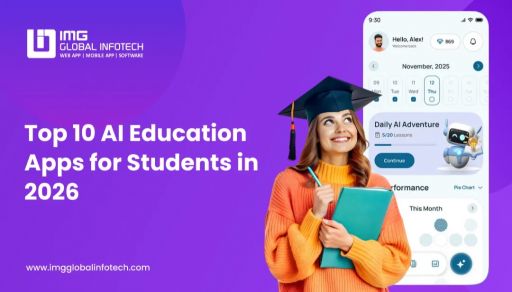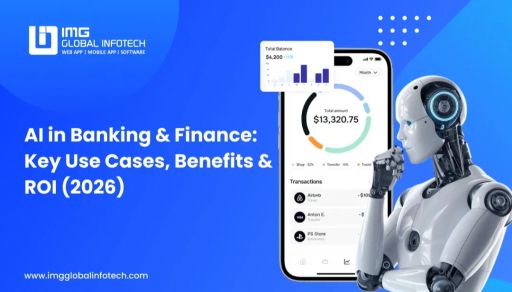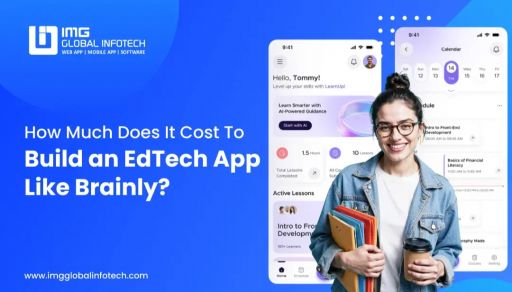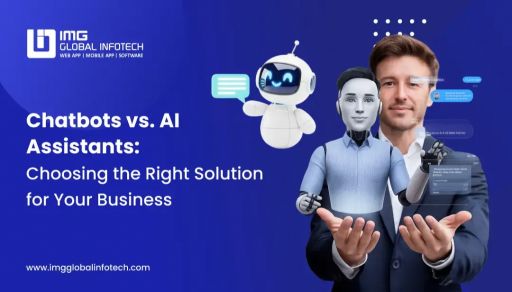The Role Of AI In IoT: Benefits, Use Cases, And Challenges
Mohit Mittal
Sep 24, 2025
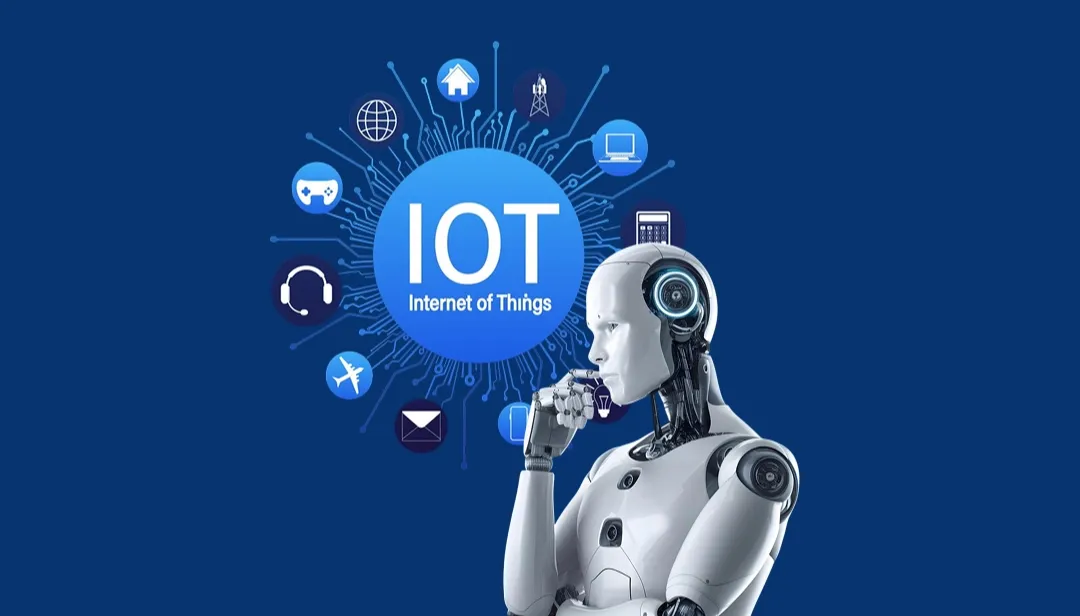
The Internet of Things (or IoT) has already changed how we connect devices, gather data, and automate tasks that are part of our daily lives, and when you pair IoT with Artificial Intelligence (or AI) the possibilities are endless. AI provides the IoT infrastructure with the ability to think, learn and make intelligent decisions, in real-time. From predicting failures of equipment on manufacturing lines to creating homes that are more intelligent, to resetting healthcare to be more proactive and personalized, AI powered IoT is creating a future whereby devices are not only connected but intelligent. However, with this transformation comes challenges of data and privacy, as well as other integration issues. In this blog, we will discuss benefits, major use cases, challenges of AI in IoT, and help businesses and tech enthusiasts adjudicate reasons that this is a game-changer for innovation and digital transformation.
Understanding the Role of AI in IoT
The unification of Artificial Intelligence (AI), and Internet of Things (IoT), represents a shift in how devices will not only connect, but interact, think, and produce value to a user. IoT connects devices to collect and exchange data to perform an action, while AI compliments IoT devices with the ability to analyze the data collected, patterns, and publishing conclusions that can guide a user action. Together, IoT and AI create an experience of not only a connected object, but an action driven, intelligent and autonomous experience.
Artificial Intelligence (AI) is essential in converting IoT data into insights that inform business decisions and improvements to operational effectiveness and user experiences. For example, with IoT sensors fueled by AI in place, manufacturers can analyze their equipment data to assess failure risk and minimize downtime and maintenance costs. Similarly, in the healthcare industry, AI can provide real-time intelligence by analyzing data from wearable devices to identify and recommend interventions to correct anomalous patient health readings.
AI in iot can do much more than automate processes; AI and IoT's are crucial to personalization, provisioning, utilization, optimizing resources & energy management, etc. However, while AIoT offers huge opportunities, various issues need to be addressed including security, scalability, and integrations to use AIoT effectively for new products and/or services that drive innovation, efficiencies, and/or a competitive advantage.
AI, essentially, transforms IoT from a network of connected devices into one that possesses intelligence that allows for predictive, adaptive, and autonomous actions, and will redefine multiple global industries going forward.
Benefits of AI in IoT
Artificial Intelligence, also known as AI, and the Internet of Things, also known as IoT, are transforming industries by enabling smarter decision-making and automation. Somn of the best benefits of AIoT (AI & IoT) include the following (5 key benefits listed below).
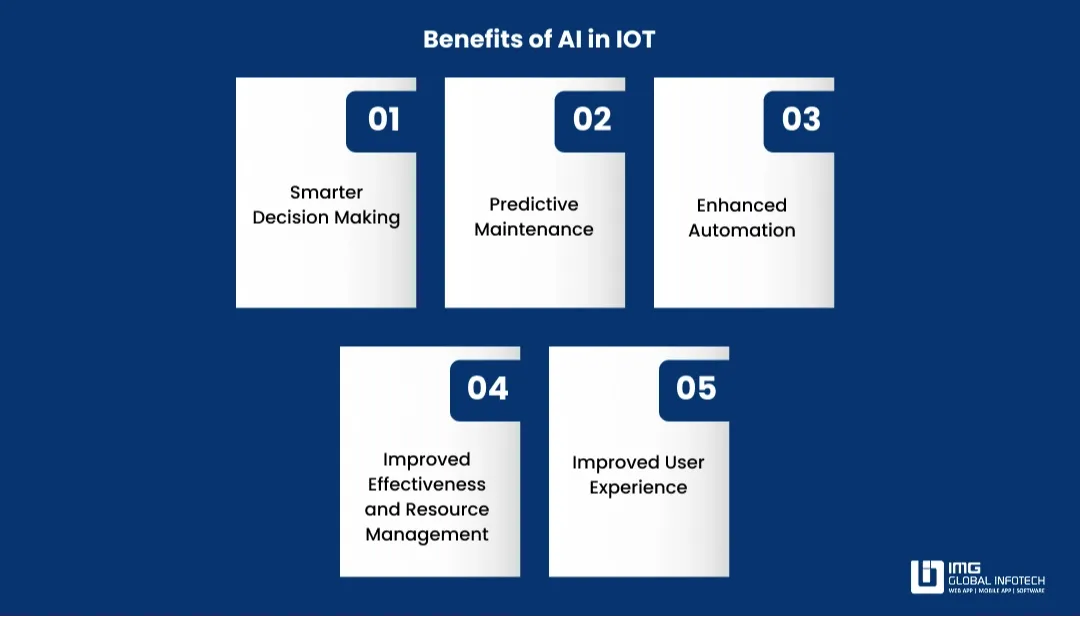
1. Smarter Decision Making
AI offers IoT devices the ability to continually process large amounts of data in real-time and provides the device the ability to make more intelligent decisions. AI is not limited to data collection - it recognizes patterns, identifies aberrations, and suggests actions, positioning IoT systems in a proactive position rather than reactive.
2. Predictive Maintenance
One of the most valuable uses of AI in IoT is predictive maintenance. AI algorithms can recognize when a machine or device is likely to break down, enabling organizations to address issues beforehand before they become costly downtimes, providing time and money savings.
3. Enhanced Automation
An ai in iot market allows for the entire process to be automated removing the need for human interaction. For example, smart homes automatically adjust lighting and temperature based on the users preference, whereas factories can dynamically optimize production lines.
4. Improved Effectiveness and Resource Management
ai in iot applications to improve energy consumption, waste, and resource efficiencies. For example, in agriculture, AI IoT sensors provide accurate reporting on soil conditions and recommend optimum watering schedules which lead to better crop yields and water savings.
5. Improved User Experience
AI in IoT enhances the user experience by tracking user habits and preferences. Smart assistants, for example, suggest routines based on prior data and other connected devices adjust based on lifestyle preferences and needs providing a seamless experience for users.
Use Cases of AI in IoT
The blending of Artificial Intelligence (AI) and the Internet of Things (IoT) is opening up disruptive possibilities in industries. artificial intelligence and the internet of things are improved by intelligence, automation, and decision-making abilities that AI provides. Here are some incredible role of ai in iot that you must be aware of:
1. Predictive Maintenance
AI-powered IoT sensors are on duty to watch the health of the equipment, to find the unusual part of the system, and, to, suggest the breakdowns that can happen in the near future. The manufacturers can find a slot in the schedule in which they will perform maintenance work proactively, thus decreasing the downtime besides saving quite some repair costs.
2. Smart Homes and Buildings
application of ai in iot are capable of learning and understanding user behavior so as to easily control functionalities such as lighting, HVAC systems, and security. Through these, the comfort level is increased, energy efficiency is improved, and a personalized living environment is created.
3. Healthcare and Remote
Patient Monitoring Wearable IoT devices monitor the vitals of the patients in real-time without any time loss, and ai tools takes the responsibility to analyze the gathered information to figure out if any abnormality has occurred or to make a preventive prediction if there is a potential health issue. Thus, doctors are enabled to take rapid actions, which, in turn,, lead to better patient outcomes.
4. Supply Chain Optimization
artificial intelligence and iot can be a tool for tracking goods on their way, for making the right forecast for demand and for managing the inventory in the most optimal way. The benefits of this are less waiting time, better distribution of resources, and higher operating efficiency.
5. Smart Agriculture
First iot and ai examples the IoT sensors will gather information about soil moisture, weather condition, and the health of the crop. Then, AI will use this information for its recommendation of irrigation, fertilization, and harvesting schedules, descending to the raising of the crop and the saving of input materials in this way.
6. Connected Vehicles and Fleet Management
IoT solution equipped with AI greatly contributes to decreasing distances of vehicles, the monitoring of the characters of drivers, and the anticipation of maintenance requirements. The benefits of this are as follows: lesser fuel consumption, safety improvement, and logistics facilitation.
7. Energy Management and Smart Grids
AI-based smart grids assist in energy consumption balancing, fault identification, and seamless incorporation of renewable energy sources. Energy costs are lowered in both the business and the household sectors, and sustainability gets better.
8. Industrial Automation
Manufacturing industry has been deeply impacted by the advent of AI-powered IoT systems that can manage the entire production line, foresee the bottlenecks, and enhance quality control. The benefits of ai in iot is the acceleration of the production with less mistakes and the consummation of the resources being brought to their optimum usage.
9. Retail Personalization
IoT gadgets keep tabs on the consumers’ flow and habits in the shops. The best ai apps collects this information and uses it to make individual shoppers’ profiles, facilitate putting the right product in the right place and make customer service better.
10. Environmental Monitoring
AI leverages IoT sensor data to identify pollution levels, record the movement of animals, and keep track of the supply of natural resources. Thus, ai and the internet of things helps governments and various organizations in making decisions that will protect the environment in a timely manner.
Problems of AI and IoT Integration
The fusion between Artificial Intelligence (AI) and the Internet of Things (IoT) promises a lot of things that are good but at the same time poses some really tough challenges. Companies which have the desire to navigate through these obstacles and still keep the AIoT systems running at their full potential will be the ones to succeed.
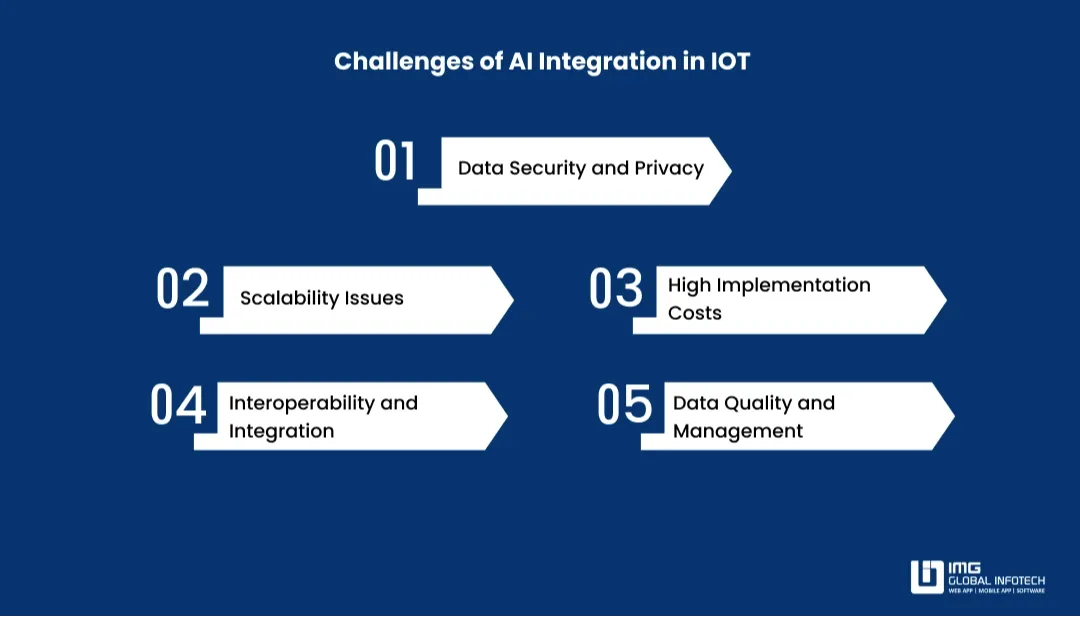
1. Data Security and Privacy
First of all, we are talking about IoT devices that create raw data of the utmost privacy. This data is then handed over to AI systems for storage and analysis. The data herein are vulnerable to acts of hacking, breach of privacy, and wrong utilization. Organizations have to doing a good job at security, partnerships with encryption, and being in full compliance with regulations such as GDPR to keep user data absolutely private.
2. Scalability Issues
As the number of IoT ecosystems increases so does the difficulty of managing the data on a large scale. The processing of data is generally ai development frameworks that require very fast computers so as to be done in a successful manner. In the absence of the right infrastructure, performance can lead to a sluggish pace of insights and less productivity.
3. High Implementation Costs
One of the AIoT solutions that comprise a great portion of the implementation process is the hardware part. The deployment of this solution requires a huge investment in the hardware, software, and skilled talent of the concerned team. Many enterprises, therefore, the initial cost can be quite daunting, thus it being difficult for them to get a turnaround in the shortest time possible.
4. Interoperability and Integration
IoT devices are usually a mixed bag comprising products of several vendors where each consists of a different set of standards and protocols. Combining these devices with the AI that works without a glitch can be quite a complicated task, which calls for tailor-made solutions to help in ensuring even communications.
5. Data Quality and Management
Artificial intelligence models require data that is clean, accurate, and consistent in order to provide the same results. The poor quality of data collected by IoT sensors may result in false predictions or the making of wrong decisions which in turn decreases the whole system's value.
Conclusion
We at IMG Global Infotech are convinced that the marriage of AI and IoT is not merely a passing trend but the very future of the digital wave. Through the activation of more rational decision-making, forecasting analytics, and frictionless automation, AI-driven IoT applications become ubiquitous across sectors. Though it has great potential, the new technology needs to overcome the problems of data privacy, security, and interoperability in order to be fully utilized by the business. By colla borating with the proper technological professionals, this process can be a hassle-free as well as successful. Our ai development company are quite competent in coming up with smart, secure and scalable IoT solutions for your business. As a result, we can bring you the powerful AI-Innovated IoT to be used as a resource for innovation, efficiency and a sustainable growth in today’s competitive digital landscape.
-
 How to Develop a Trading Platform Like Robinhood? A Complete Guide
How to Develop a Trading Platform Like Robinhood? A Complete Guide
-
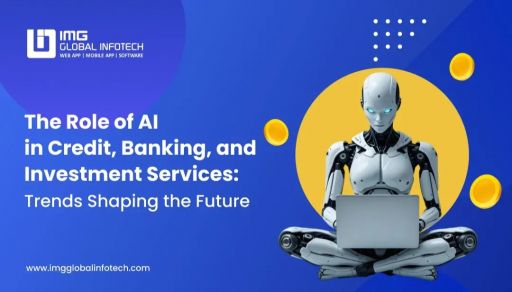 The Role of AI in Credit, Banking, and Investment Services: Trends Shaping the Future
The Role of AI in Credit, Banking, and Investment Services: Trends Shaping the Future
-
 Hire Gold Investment App Developers: Cost, Skills & Benefits
Hire Gold Investment App Developers: Cost, Skills & Benefits
-
 Thinking of Building a Fintech App? A Complete Guide to Features, Costs, and Success
Thinking of Building a Fintech App? A Complete Guide to Features, Costs, and Success
-
 Top 10 Logistics Software Development Companies to Hire in 2026
Top 10 Logistics Software Development Companies to Hire in 2026
-
 Top Fintech Apps in India in 2026
Top Fintech Apps in India in 2026
Mohit Mittal is the co-founder of a leading IT company with over a decade of experience in driving digital transformation and innovative tech solutions. With a strong background in software development, Mobile app development, E-commerce, business strategy, and team leadership, Mohit Mittal is passionate about helping businesses scale through technology. When not solving complex tech challenges, he enjoys sharing insights on emerging trends, entrepreneurship, and the future of IT.



